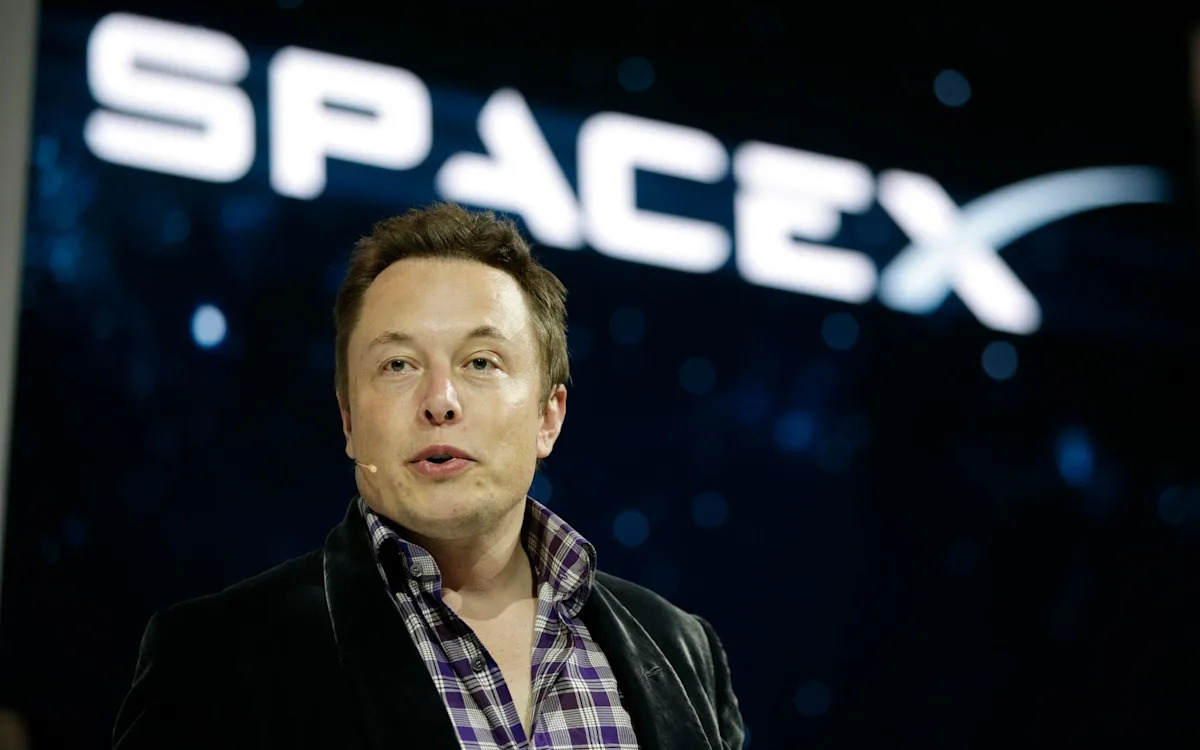Chinese scientists have explored ways to block Elon Musk’s Starlink in Taiwan, raising fears that it could stop the island from using the satellite system during a potential attack.
Researchers at China’s Zhejiang University and the Beijing Institute of Technology found that a swarm of more than a thousand drones might be required to prevent Taiwan from accessing Starlink’s internet connections.
Starlink is not yet available in Taiwan but has been successfully used by Ukraine’s army to defend itself against Russia’s invasion.
Taiwan has expressed interest in using the system amid fears that an attack could knock out its internet and mobile networks, or that China could sever undersea cables connecting the country to the internet.
Starlink, by comparison, delivers internet from space to satellite dishes, with signals shared between more than 8,000 satellites and a network of base stations on the ground.
Russia has repeatedly failed to jam Starlink signals, with the company able to use a constellation of thousands of satellites and encryption technology to evade disruption.
However, the Chinese researchers said a blanket of drones, each using electromagnetic signals to block Starlink, could be enough to block the signals.
They simulated a grid of drones spaced between three and five miles apart at an altitude of 20,000 metres, finding that it would be enough to disrupt signals on the ground, depending on the strength of the jamming devices deployed.
A swarm of between 1,000 and 2,000 drones would be needed in total to cover Taiwan, the researchers said. China has demonstrated high-altitude solar-powered drones, with one test flight staying airborne for 27 days.
Talks over Starlink launching in Taiwan broke down in 2022 after the island’s government demanded that a local entity hold a majority stake in a joint venture with Mr Musk’s SpaceX.

Xi Jinping, the president of China, has repeatedly stressed that his top priority is the ‘reunification’ of Taiwan – Kevin Frayer/Getty Images
Starlink’s coverage map states that “service date is unknown at this time” for Taiwan, while Mr Musk’s business interests in China could be a hurdle to any launch in the country.
A separate Chinese study proposed using lasers to shoot down Starlink satellites.
Vladimir Putin has also reportedly asked Mr Musk not to launch Starlink over Taiwan as a favour to Xi Jinping.
Mr Xi has repeatedly stressed that his top priority is the “reunification” of Taiwan and has not ruled out the use of force to bring the country under Chinese rule.
Taiwan has been seeking to develop its own satellite network and has struck a deal with Eutelsat OneWeb, the Franco-British rival to Starlink, while regulators are also in discussions with Amazon’s rival Kuiper system.
It plans to launch its own system, although it is believed to be several years away from doing so.
OneWeb has far fewer satellites in orbit than Starlink, which would possibly make the network easier to block.

